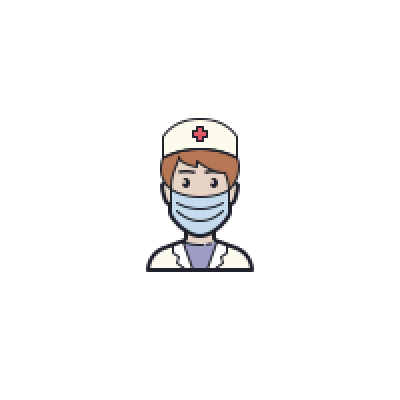

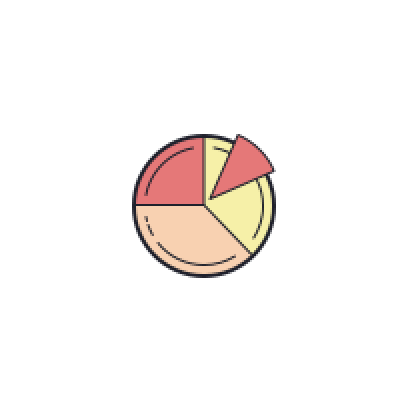
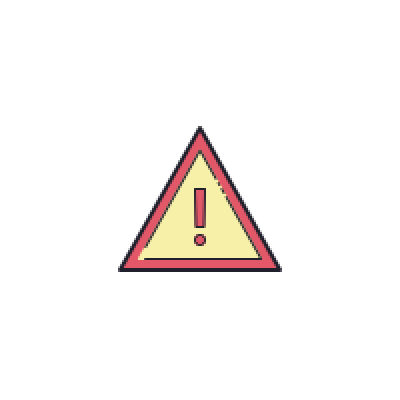
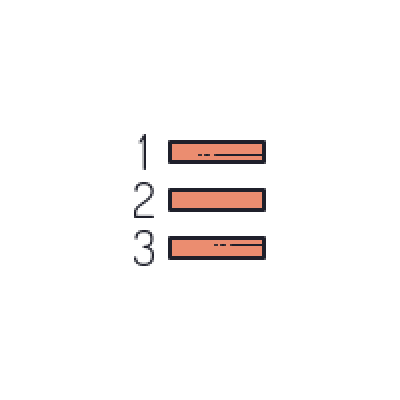
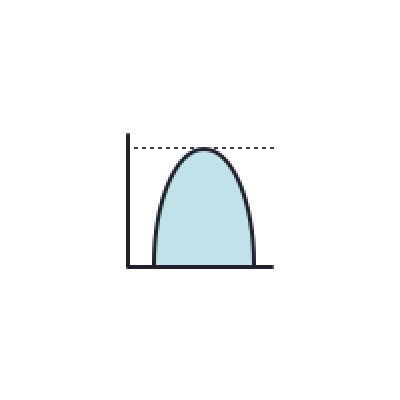
Dementia is a descriptive term for a collection of symptoms including impairment of attention, execution skills, learning, memory, language skills, perceptual-motor skills, and social skills that interfere with independence in everyday activities. A number of disorders that affect the brain can cause dementia, resulting in personality changes and behavioral problems such as agitation, delusions and hallucinations.
Health professionals often diagnose dementia according to the criteria listed in the Diagnostic and Statistical Manual of Mental Disorders, Fifth Edition (DSM-V), currently published by the American Psychiatric Association. Cognitive status examination, CT scans and blood tests are used to determine if a person is showing symptoms of dementia and to check whether the symptoms are caused by other medical conditions. At the moment, an autopsy is required to make a definite diagnosis of dementia, according to the above criteria.





